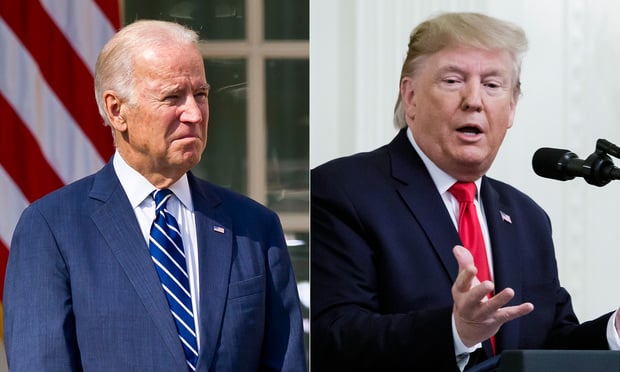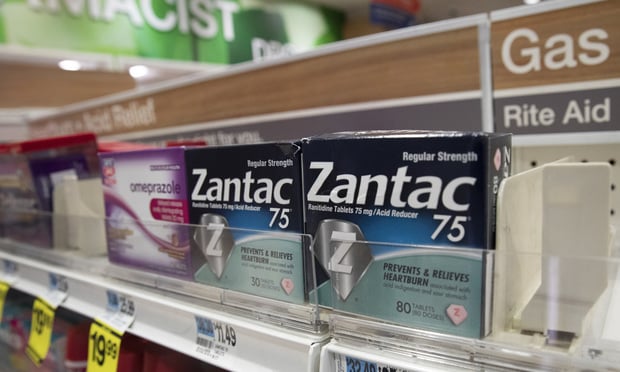What do recent mergers of major health carriers mean for seniors? It might reduce the already-sparse competition that exists among private Medicare health plans, some consumer advocates worry.
An analysis by the Commonwealth Fund finds that 97 percent of U.S. markets for Medicare Advantage are "highly concentrated," meaning there is not significant competition.
The problem is particularly pronounced in rural areas, but competition is far from robust in densely-populated areas of the country. In the 100 counties with the highest number of Medicare beneficiaries, 81 percent are classified as uncompetitive by Commonwealth. Medicare Advantage, which seeks to provide private alternatives to traditional Medicare, has seen increasing participation in recent years, with 30 percent of seniors opting for the private plans.
Complete your profile to continue reading and get FREE access to BenefitsPRO, part of your ALM digital membership.
Your access to unlimited BenefitsPRO content isn’t changing.
Once you are an ALM digital member, you’ll receive:
- Critical BenefitsPRO information including cutting edge post-reform success strategies, access to educational webcasts and videos, resources from industry leaders, and informative Newsletters.
- Exclusive discounts on ALM, BenefitsPRO magazine and BenefitsPRO.com events
- Access to other award-winning ALM websites including ThinkAdvisor.com and Law.com
Already have an account? Sign In
© 2024 ALM Global, LLC, All Rights Reserved. Request academic re-use from www.copyright.com. All other uses, submit a request to [email protected]. For more information visit Asset & Logo Licensing.








